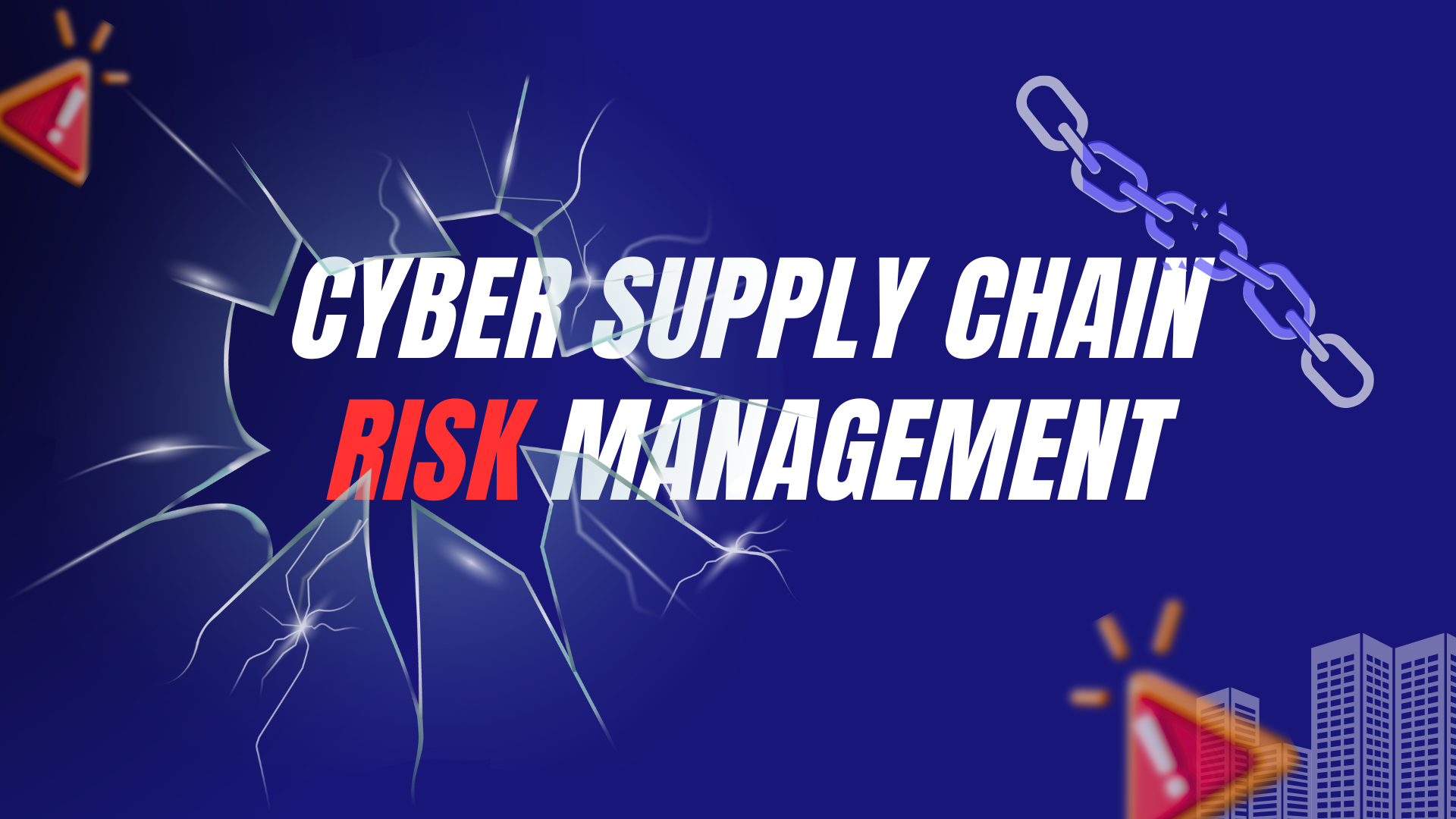Latest News
Can You Afford An $800,000 Fine? Then You Need To Be PCI DSS Compliant
Find out what you need to know about PCI DSS compliance in this entry in our Cyber Security Awareness Month series.
In honour of Cyber Security Awareness month, CyberUnlocked will be exploring a range of associated topics for today’s business owners. In this blog, we’ll explore the importance of Payment Card Industry Data Security Standard (PCI DSS) compliance.
Unlike industry-specific compliance regulations that state how healthcare clinics or legal firms need to handle sensitive data, PCI DSS compliance covers an extremely wide range of businesses.
Any business that processes, stores, or transmits credit or debit card payments and payment information in any capacity is subject to strict PCI DSS compliance standards which dictate how credit card data needs to be handled and the precautions that need to be in place to keep that data secure. Failure to meet those standards can have serious repercussions, from penalties and fines to legal action in the event of a data breach.
What Is PCI DSS Compliance?
PCI DSS applies to your business if you handle cardholder information for debit, credit, ATM, e-purse, POS, and prepaid cards.
PCI DSS requires card issuers and holders to retain an audit trail history for a time period that’s consistent with its effective use and legal regulations. It’s necessary to undergo PCI DSS compliance auditing to ensure your customers' data is protected during credit or debit card transactions.
Is PCI Compliance Required By Law In Australia?
All Australian businesses, regardless of size or industry, are required to maintain PCI compliance if they accept card payments. Failing to stay compliant could result in serious consequences. Banks and credit card institutions can impose fines anywhere from $7,000 to $900,000. The 2013 Target hack resulted in
$162 million in fines alone.
Bank fines are based on the research they perform to remediate your noncompliance. Credit card institutions impose fines as a punishment for noncompliance, and they may enforce a timeline of increasing fines.
That’s why you need to be sure you’re PCI DSS compliant.
What does PCI DSS Compliance offer you?
In addition to protecting you from fines, PCI DSS compliance offers a range of other advantages:
- Client Confidence: Your clients need to know that their credit card information is safe. If you were to suffer a data breach that compromised their financial information, do you think they would continue to do business with you? Your ability to promote your PCI DSS compliance status is yet another value add for your brand.
- Security Standards: A byproduct of PCI DSS compliance is a stronger cyber security posture. You will improve your data security simply by meeting the requirements of the compliance system.
- Reduces Data Breach Costs: No matter what you do, you are likely going to experience some form of data breach at some point. How damaging and expensive it is will depend on what steps you take to defend your business right now. By complying with PCI DSS standards, you can ensure you won’t face any financial or reputational damages associated with card data compromise.
The Biggest Threat To Your PCI DSS Compliance
PCI DSS compliance is a higher level of security and data governance that organisations have to follow. Compliance is complex, and there is a critical element of assessment and planning that needs to go into your compliance strategy.
In particular, you need to make sure your staff understands their role in your organisation’s overall compliance efforts. It doesn't matter which types of technical safeguards you have in place if your staff doesn't know how to maintain compliance.
Are you sure your staff knows how to maintain PCI DSS compliance?
What’s Your First Step To Take Towards Confident PCI DSS Compliance?
First and foremost, businesses need to run a thorough assessment of their existing level data security and processes and identify gaps. By determining your current state of security and how it aligns with PCI DSS compliance standards, you can identify what needs to be improved before your audit.
A PCI DSS compliance audit is necessary to keep your business and your customers safe from a payment card data breach. PCI DSS compliance auditing assesses your business’s point-of-sale (POS) system. A qualified security assessor (QSA) will determine whether or not your business is compliant with The Payment Card Industry Data Security Standards by:
- Examining your system,
- Identifying vulnerabilities, and
- Preventing data from being compromised.
As there is no one fix it all solution for compliance, it’s important to identify the gaps and work with a professional team to address them —CyberUnlocked will help.
CyberUnlocked Will Manage Your PCI DSS Compliance
As you can see, failing to manage compliance is expensive. That’s why you shouldn’t bother trying to oversee your compliance personally. You’re too important in your actual role at your business to split focus and risk overlooking something.
The CyberUnlocked team will help, following our proven plan for compliance:
- A risk assessment with a PCI DSS Approved Scanning Vendor (ASV) to check compliance and improve your data security.
- Expert consultation for staff training on security awareness so your employees have the information and skills they need to meet the latest PCI DSS standards and regulations.
- Information about any vulnerabilities, and ranked by order according to their seriousness. This way, you can address the most important first.
- Quarterly approved vulnerability scans to meet your PCI DSS obligations.
Don’t put your compliance at risk — CyberUnlocked’s team of PCI DSS compliance experts are available to manage it for you
More CyberUnlocked Blogs
CyberUnlocked acknowledges the Traditional Custodians of Country throughout Australia and their ongoing connection to land, waters and community. We pay our respects to Elders, past, present and emerging.




